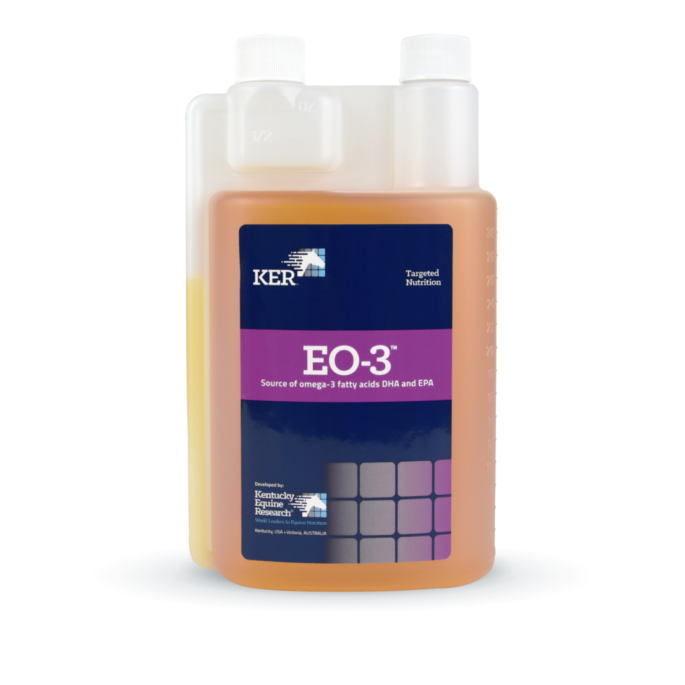Developments In Research For Leaky Gut Syndrome

What is leaky gut syndrome?
Leaky gut syndrome (LGS) is a general term to describe various clinical consequences of increased permeability of the lining of the gastrointestinal tract (GIT). The GIT lining functions as a selectively permeable barrier to allow absorption of nutrients and prevent absorption of pathogens and toxins, which, if allowed to leave the GIT and move into the blood, can trigger chronic inflammation or disease. Barrier function is regulated by tight junctions, comprised of more than 40 proteins, which regulate the movement of substances into the blood.
Research into LGS in horses is minimal which makes it challenging to determine exact causes or treatment. We must rely on research in non-equine species that is still not fully developed. However, it is speculated that stress is a potential factor.

Current theoretical treatments for leaky gut syndrome -
Management methods for the symptoms of LGS could include feeds and supplements with a mycotoxin binder which may be able to reduce the likelihood of absorption of pathogens and toxins as the lining of the GIT is more permeable, by trapping and allowing them to pass through the animal's system . There are also links to increased inflammation being a potential cause for leaky gut syndrome, therefore we could consider adding omega-3 fatty acids to the diet for anti-inflammatory support such as KER's EO-3.
Other proposed options for management of LGS include -
- Butyrate – the preferred energy source of intestinal cells to support healthy cellular function within the GIT. This is produced by bacteria in the gut during fibre fermentation.
- Glutamine – studied in vitro to show promise in healing of the GIT
- McGilloway et al. 2023 – Use of aspergillus oryzae prebiotic reduced the quantity of iohexol in the blood after transport and exercise in comparison to those not being supplemented
Supplementation of Aspergillus Oryzae Prebiotic (AOP) -
In 2023, Melissa McGilloway published her paper on 'Dietary Fermentation Product of Aspergillus Oryzae Prevents Increases in Gastrointestinal Permeability (‘Leaky Gut’) in Horses Undergoing Combined Transport and Exercise'.
The purpose of the study was to evaluate the effects of a prebiotic Aspergillus oryzae product (SUPP) on stress-induced LGS. Eight horses received a diet containing a prebiotic Aspergillus oryzae product or an unsupplemented diet for 28 days. On Days 0 and 28, horses were orally given an indigestible marker of gastrointestinal permeability known as iohexol. Half the horses from each feeding group underwent 60 min of transport by trailer immediately followed by a moderate-intensity exercise bout of 30 min, and the remaining horses stayed in stalls as controls. At the end of the 28 day feeding period, horses were washed out for 28 days before being assigned to the opposite feeding group, and the study was replicated.
The combined stress of trailer transport and exercise in horses who had not been given the prebiotic Aspergillus oryzae product (SUPP), significantly increased plasma iohexol in the horses. This increase was not seen in the control horses who remained stalled. This suggested that the increased stress from travelling and exercise caused an increase in the permeability of the GIT.
However, the results from the horses when they were receiving added dietary Aspergillus Oryzae prebiotic, did not show any increase in plasma iohexol after the stress of transport and exercise. This suggests that the Aspergillus Oryzae prebiotic could directly prevent the increase of gut permeability caused by travel and exercise induced stress.
Quick Feed Finder
Use our quick and easy feed finder as a guide to select the right feed for your horse or pony.
Feed Advice Form
Complete our online form to receive a detailed nutritional plan for your horse or pony from one of our registered nutritionists.












